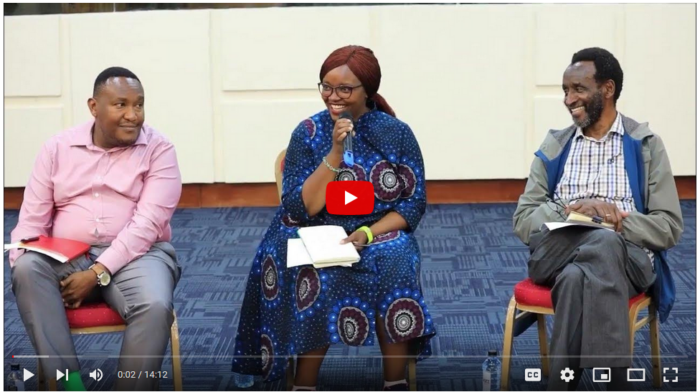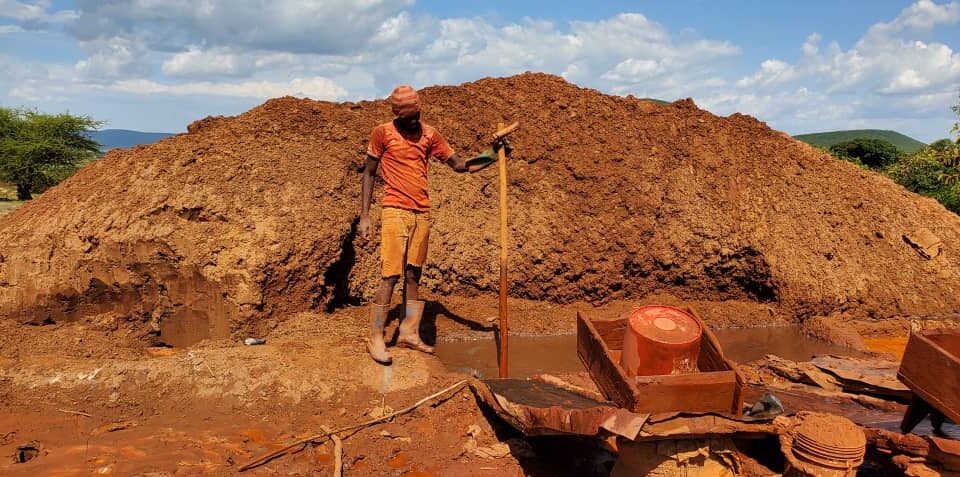Southern aid workers and the “Me Too” movement

South-South Cooperation: does it listen to the people who receive its aid?
June 16, 2018
Aid localisation, or how feedback can redefine partnerships
December 22, 2018During the summer break I finally had the time to reflect on the impact of the “Me Too” movement on the aid sector. Until then, I had broadly followed the debate in the aftermath of the Oxfam scandal and concurred with many colleagues that sexual harassment is a systemic problem cutting across the aid sector. As such, it requires a systemic solution.
A lot has been said already and yet we still know very little about the actual scale of the problem and even less about how it affects local aid workers in developing countries. This is what I find peculiar about current discussions on sexual harassment and abuse. Most of them reflect the views of Northern expats. Even when we read about allegations of abuse against local workers, more often than not we read them through an expat’s lens instead of hearing it directly from local workers themselves.
It is not hard to understand why. As difficult as it is for an international aid worker to publicly report an incident, there is a good chance she or he will find another job relatively soon. Or maybe go back home and start anew in a different sector. We ‘expats’ have the freedom to move and options to choose from. Local aid workers do not have the same luxury. They are usually stuck in a tight job market with few opportunities to change jobs and keep at least a basic level of security for themselves and their families.
This is what transpired at a public event on the humanitarian #Metoo moment organised by Oxfam in Geneva last March, which I attended. At one point, a gender advisor stood up from the audience to note how different it can be for a local staff to report a sexual harassment or abuse incident. Up until the scandal broke out, the implications for local staff who came forward had been profound, not just in terms of their future job prospects, but also for their physical security. Unless their organization immediately took action to protect that person from the risk of retaliation, reporting had the potential to quickly become a life or death issue. Faced with the fact that there was nowhere to escape, no fresh new start somewhere else safe, many local staff probably chose the lesser evil and decided to keep quiet. They had no power to choose better alternatives.
We will probably never know the full scale of sexual abuse and harassment of Southern aid workers. What I know, though, is that the number of aid workers from developing countries that have publicly reported an incident is far lower than the number of Northern expats’ claims. Too much lower not to raise questions. In the meantime, much praise should go to people like Miriam Maluwa and Bethel Tsegaye, who have had the courage to talk about their experiences and how complex it can be to come forward.
So where do we go from here? The scandal has shaken the aid sector to its core. We are gradually coming to terms with the fact that our sector is not immune from sexual harassment and abuse – and that’s a good thing. What we also need to realise is that there are additional layers of complexity in this picture that have to do with the fundamental power imbalance between the people involved, whether we are talking about men and women, white people and people of colour, senior and junior staff. In the aid sector, not enough is being said about the less power local staff, and Southern aid workers more broadly, have to report incidents and manage the potential consequences of their reporting. That additional, biased power dynamics should be put front and centre of the current debate if we want to drastically reduce the risk of sexual harassment and abuse in the aid sector.
Photo credit: metoomvmt.org




